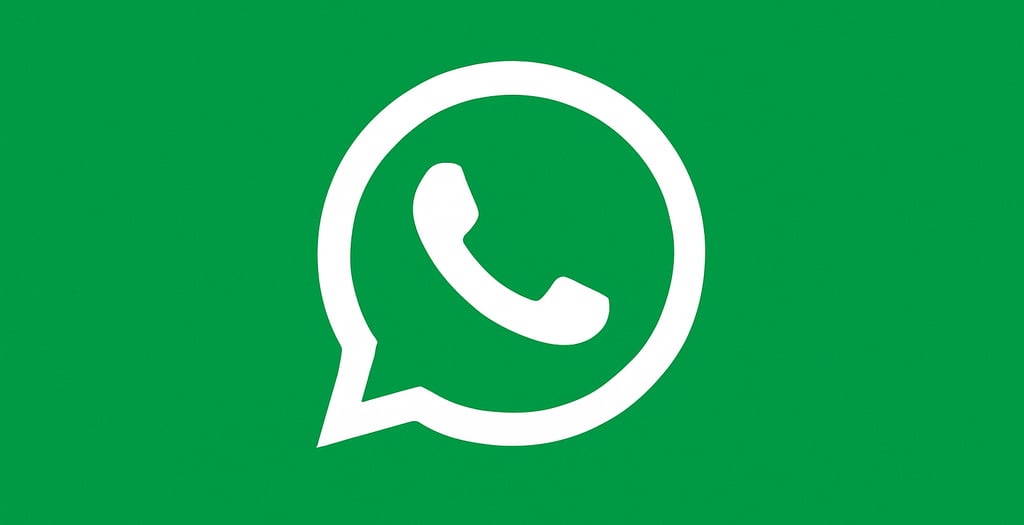U.S. Court Permanently Bans NSO Group from Targeting WhatsApp Users | Tech Privacy Ruling October 18, 2025
U.S. court permanently bans Israeli spyware firm NSO Group from hacking WhatsApp users, marking a major victory for global privacy. Latest update, Oct 18, 2025.
Raja Awais Ali
10/18/20252 min read


U.S. Court Orders Israeli Spyware Firm NSO Group to Stop Targeting WhatsApp Users
Washington, October 18, 2025 — A U.S. federal court has issued a landmark ruling permanently barring the Israeli spyware company NSO Group from targeting WhatsApp users, marking the conclusion of a long-running legal battle between Meta Platforms, the parent company of WhatsApp, and NSO Group, which had been accused of illegally hacking thousands of phones using its Pegasus spyware.
Judge Phyllis Hamilton ruled that NSO Group’s actions caused irreparable harm to WhatsApp and its global user base, issuing a permanent injunction to prevent the company from conducting any future surveillance operations through WhatsApp’s servers or related technologies. The court emphasized that NSO violated multiple U.S. cybersecurity and privacy laws, undermining public trust in secure communication platforms.
The dispute began in 2019, when WhatsApp filed a lawsuit alleging that NSO Group had exploited a security flaw in the app to install Pegasus spyware on around 1,400 user devices across several countries. The targets reportedly included journalists, human rights defenders, diplomats, and political leaders. The spyware allowed remote access to messages, calls, and microphones without user consent. Meta described the attack as a “blatant abuse of technology and privacy.”
In an earlier ruling, a U.S. jury ordered NSO Group to pay $167 million in damages, later reduced to $4 million after a review of evidence and proportionality considerations. Despite the reduction, the permanent ban remains a major setback for the company’s operations. Meta and privacy experts have hailed the ruling as a decisive victory for digital privacy and accountability in the tech industry.
WhatsApp head Will Cathcart praised the decision, stating:
“This ruling sends a clear message that surveillance companies cannot operate without consequences. We will continue to defend our users’ privacy and security against any form of cyberattack.”
Meanwhile, NSO Group said it would review the court’s decision and consider its next legal steps, maintaining that its technology is designed for use by governments to combat terrorism and serious crime. However, digital rights organizations argue that Pegasus has been repeatedly misused by authoritarian regimes to monitor journalists, activists, and opposition members.
Cybersecurity experts view this ruling as a critical precedent for global digital rights, potentially inspiring similar legal actions in Europe, Asia, and the Middle East. It underscores the growing global consensus that privacy is not just a moral principle but a legal obligation in the digital era.
This decision represents a powerful statement that invasive surveillance tools have no place in secure communication ecosystems. It reaffirms the importance of user protection, transparency, and corporate responsibility. While NSO Group may continue to face international scrutiny, this judgment stands as a milestone for online privacy and the global fight against cyber espionage.
For billions of WhatsApp users, it marks a long-awaited victory for security, accountability, and the fundamental right to digital privacy.
Stay informed with the latest national and international news.
© 2025. All rights reserved.